In a report just published by the Institute of Mechanical Engineers, the bad news is that a third to a half of all food is wasted. Many earlier reports have estimated around a third of all food is thrown away, so it is rather alarming to think the figure could be much higher.
But there is good news as well…if we could reduce that wastage significantly, then we could feed the projected extra three billion people without needing more resources.
Who is wasting our food?
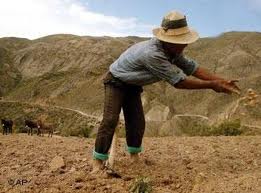 In the Third World and Developing countries, inadequate harvesting methods, poor storage facilities and inadequate transportation infrastructure are the main culprits. If you’re living in hunger and poverty, then you certainly are not going to be wasting any food you actually have.
In the Third World and Developing countries, inadequate harvesting methods, poor storage facilities and inadequate transportation infrastructure are the main culprits. If you’re living in hunger and poverty, then you certainly are not going to be wasting any food you actually have.
In our Western societies, who wastes all that food? We do! Yes, our demand for produce that is the right size and good-looking means that the farmers and supermarkets will reject a vast amount of food before it reaches the supermarket. And then when we do buy it, we buy way too much and end up throwing 30 to 50% away! A typical American family throws away 40% of the food they buy, equivalent to around $2,200 per year being chucked in the trash.
The planet is being wasted too
 Currently, agriculture takes half of all our usable land surface and nearly three-quarters of our fresh water. And what about all the fossil fuels needed to make fertilisers and pesticides, store, transport and process that food. Another report from the IFC estimates that up to a half of all man-made greenhouse gas emissions result from livestock farming alone. We just do not have the resources to grow more crops or raise more livestock. Every time you throw away some food, think of those gallons of water, acres of land, massive quantities of fossil fuels that you are throwing away too. And once that food reaches a landfill, it will be contributing even more to global warming in the form of methane, a far worse greenhouse gas than carbon dioxide.
Currently, agriculture takes half of all our usable land surface and nearly three-quarters of our fresh water. And what about all the fossil fuels needed to make fertilisers and pesticides, store, transport and process that food. Another report from the IFC estimates that up to a half of all man-made greenhouse gas emissions result from livestock farming alone. We just do not have the resources to grow more crops or raise more livestock. Every time you throw away some food, think of those gallons of water, acres of land, massive quantities of fossil fuels that you are throwing away too. And once that food reaches a landfill, it will be contributing even more to global warming in the form of methane, a far worse greenhouse gas than carbon dioxide.
Tips for cutting your food waste:
So what can you do? Here are some ideas I follow every day:
- Shop more often for less
- Make a shopping list and stick to it
- Don’t reject ugly food
- Don’t chuck it, save it for later
- Store food carefully to stop spoilage
- Get creative with leftovers
- Use your nose rather than use-by dates
- Reduce your portion sizes
- When eating out, take home any leftovers
As a quarter of your carbon footprint is produced from the food you eat, cutting down on food waste will also reduce your carbon footprint and help save the planet too. Find out more ways you can reduce your environmental impact on our beautiful world at Food’s Carbon Footprint. And if you have any creative tips for cutting down on food waste, please share them with us all in the comments. Thanks!
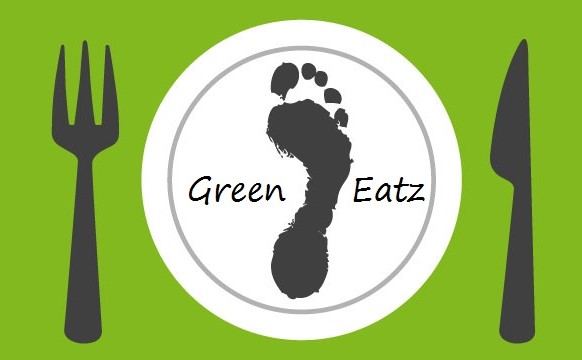
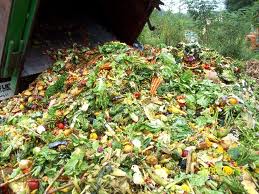
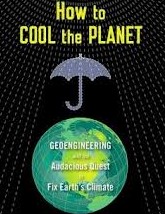
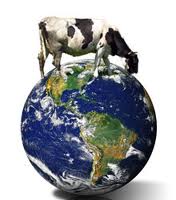
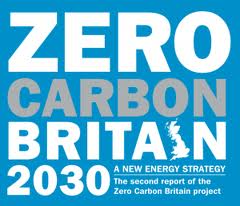
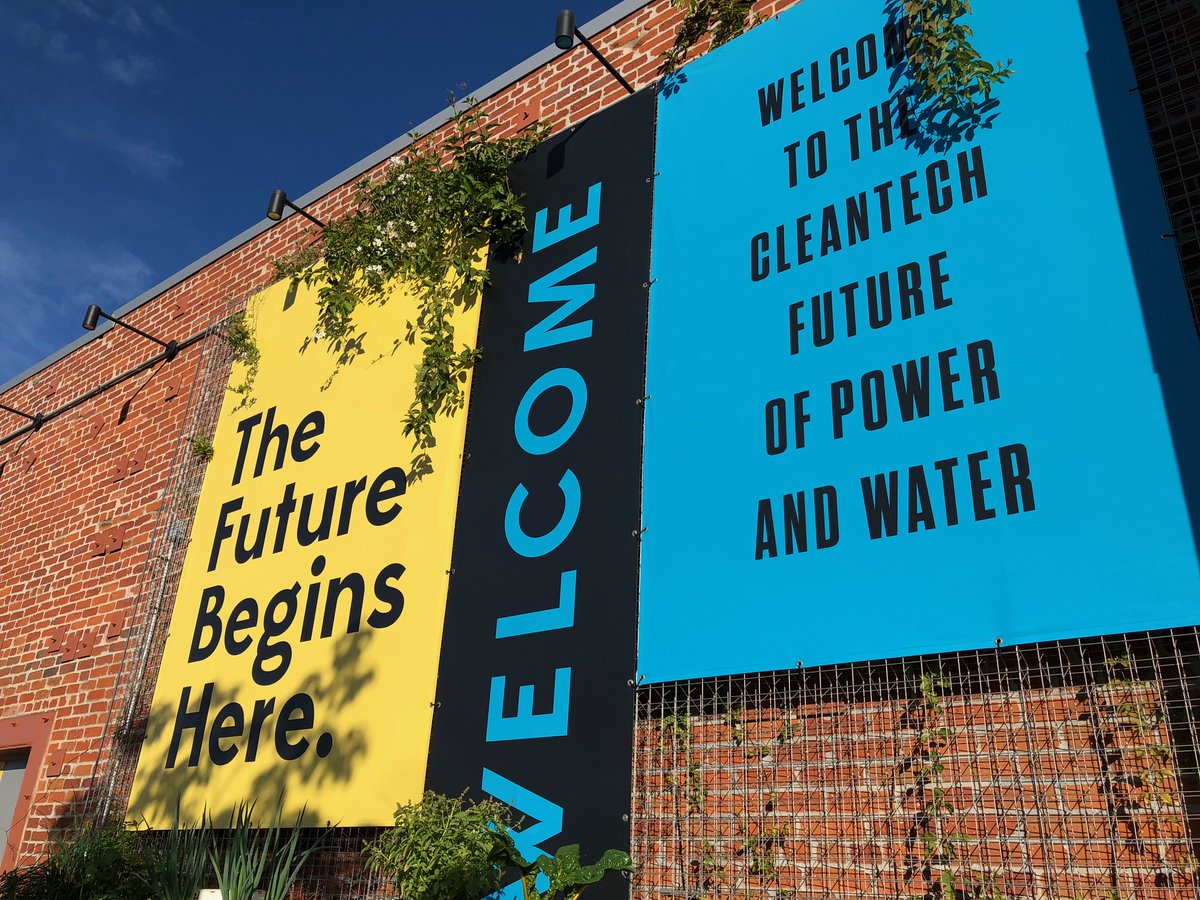

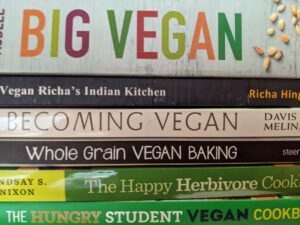
Hey, you have not explained why food waste is a good thing!
Yes…if we reduce wastage we can feed the extra three million people without using up more resources!
But that means that food waste is a bad thing since it’s stopping those 3 million people from having food. If food waste is a good thing then you’re happy that they aren’t being fed. What’s good is trying to reduce food waste not food waste itself.
I see it as an opportunity to feed more people…if we reduce food waste we can feed millions more!
great article
I would like to know how you use composting to reduce carbon footprint . If there is any other ways to reduce carbon footprint if these points included it will be more useful to the readers.
Hi Athul, composting reduces the amount of methane gas released into the air as it undergoes aerobic decomposition (exposed to oxygen). Although CO2 is still released, overall it is better than sending food scraps to the landfill. There, methane is released in vast quantities as the waste undergoes anaerobic decompostion (without oxygen).
Comments from previous version of Green Eatz
Jane of Green Eatz on 01/11/2013 16:55
Just been talking to Juan of Ava’s Downtown Market in Mountain View about how they keep waste to a minimum in a retail environment. Again, the most important thing is to order the right amount and not buy too much. The shop is kept very chilled to keep produce fresh and any produce waste is collected for composting. Food past its shelf-life is literally given away at checkout 🙂
Tiiu-Imbi Miller on 01/12/2013 01:27
Once in a rare while something gets hidden behind something else in the fridge and is no longer safe to eat, an event regarded as a minor disaster in our house. Otherwise, I have never seen the need for waste. Just don’t be so fussy. Safe but slightly stale bread for example toasts just fine. But I would not recommend using the nose instead of use by dates. Food poisoning bacteria do not always cause a smell, and the consequences can be not only very unpleasant but serious, and incidentally lead to waste of many more resources.